



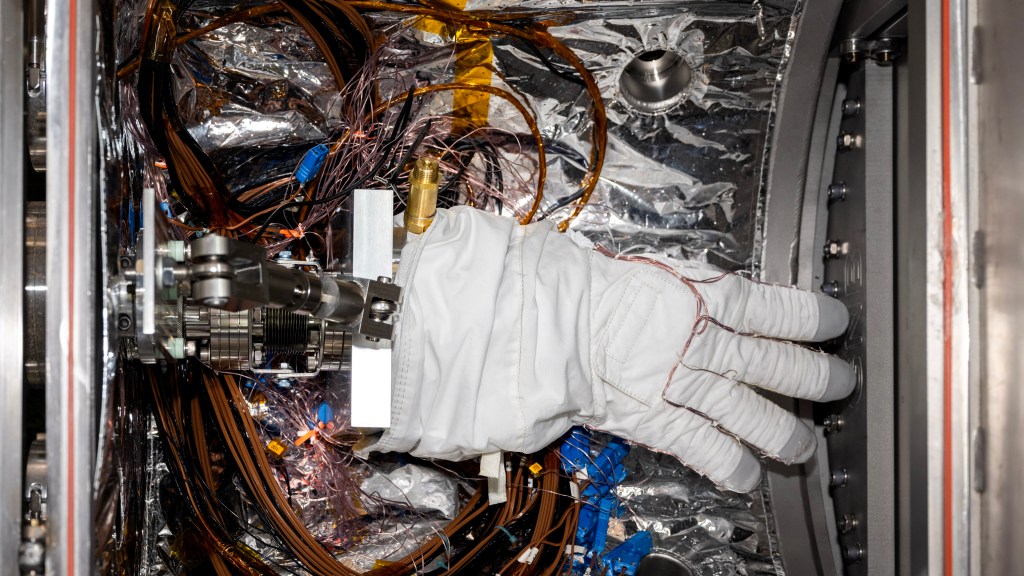
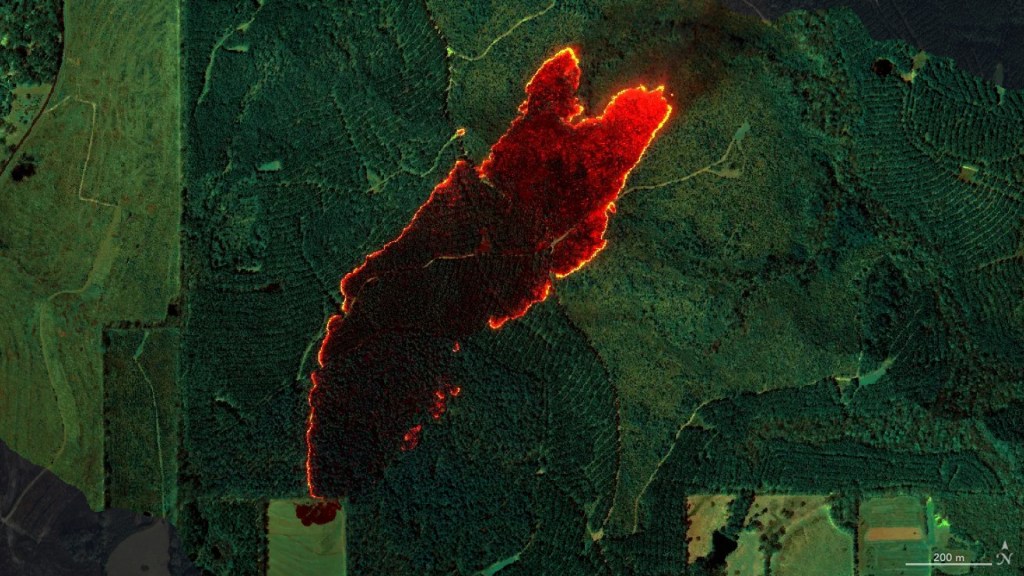
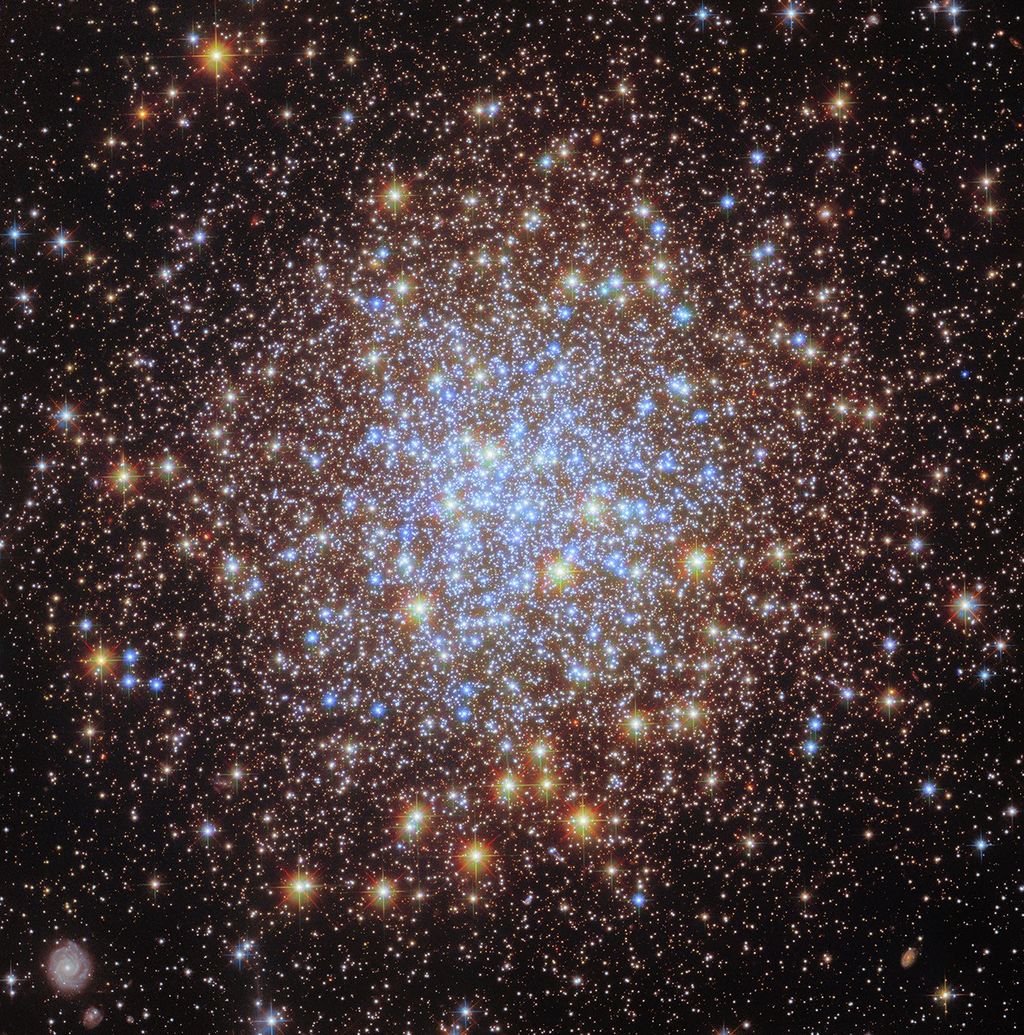

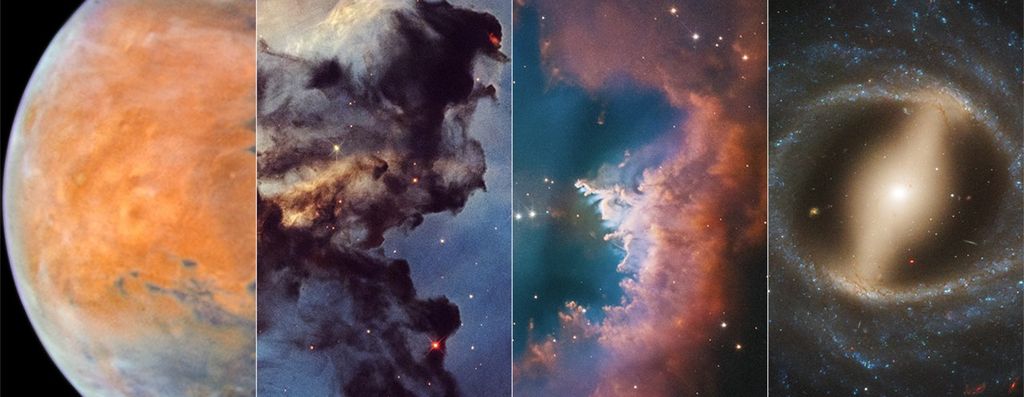










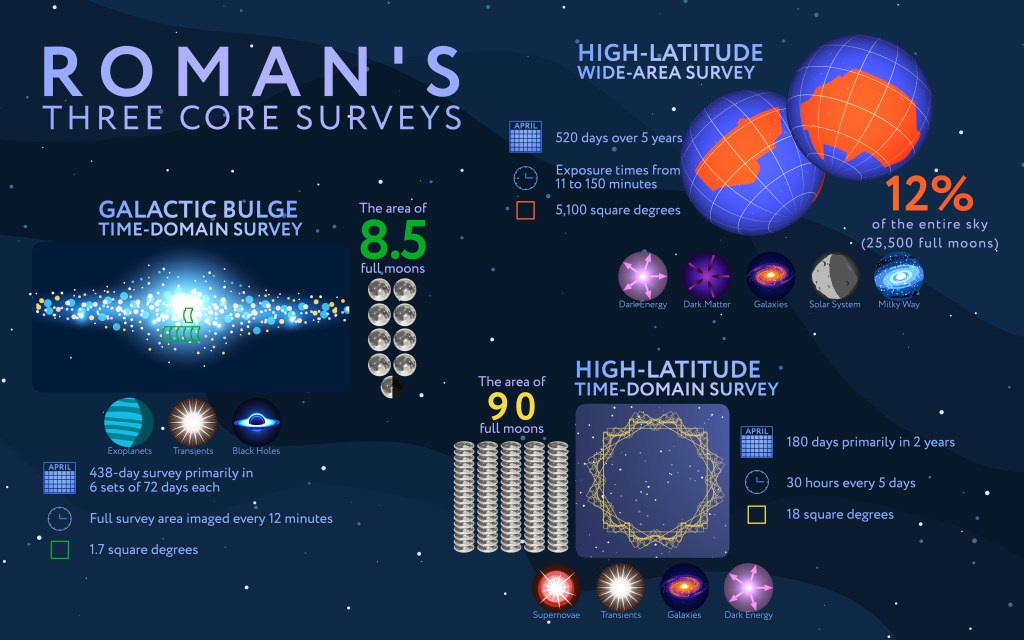
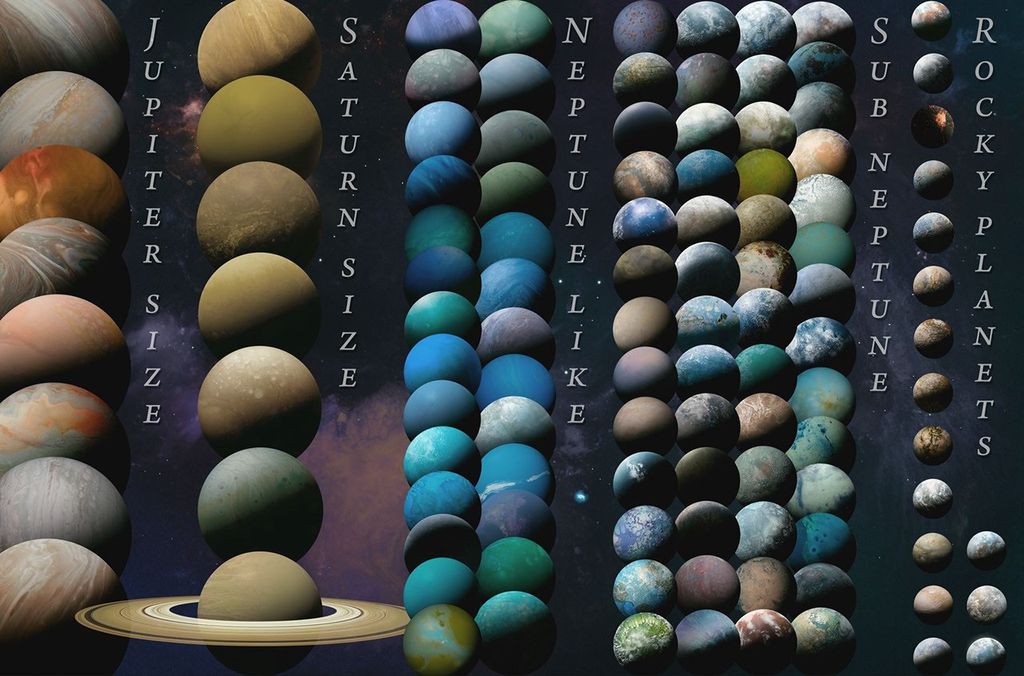



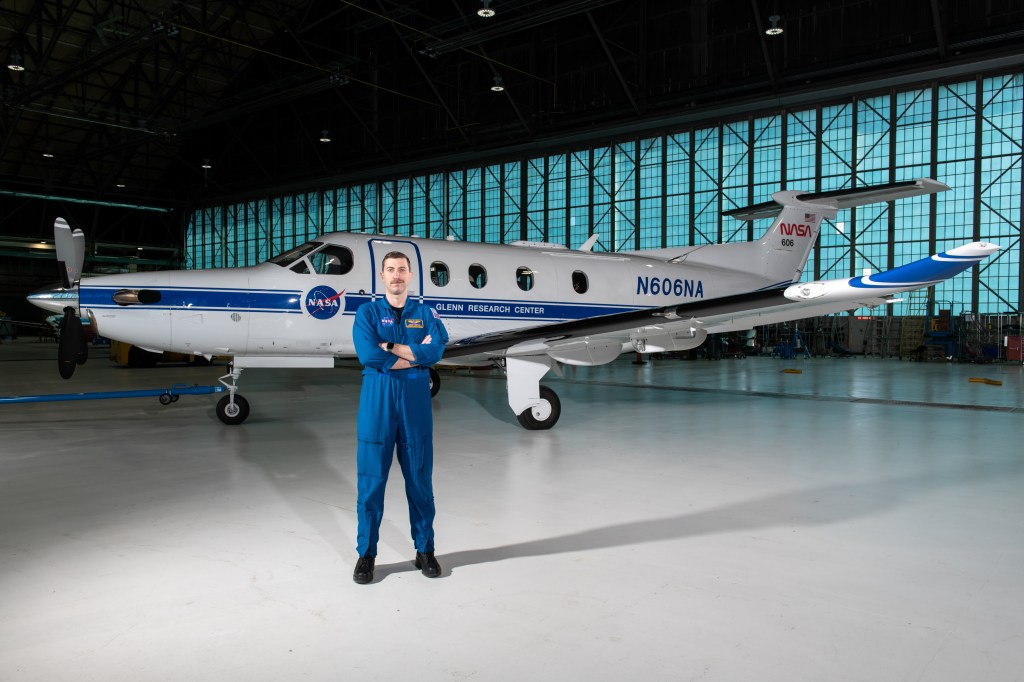

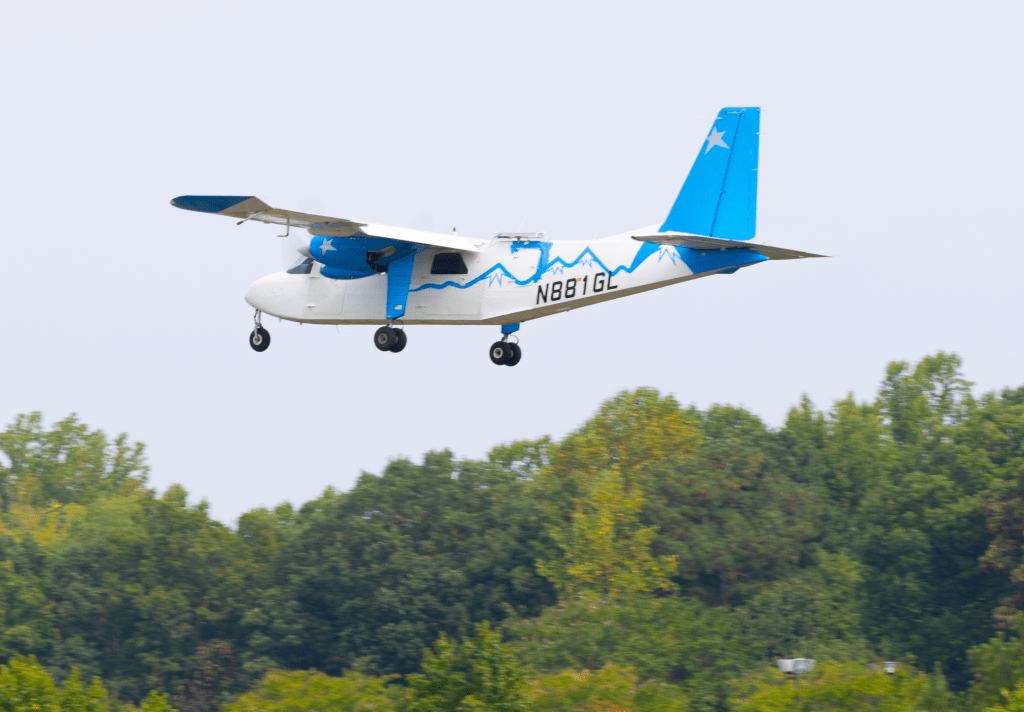
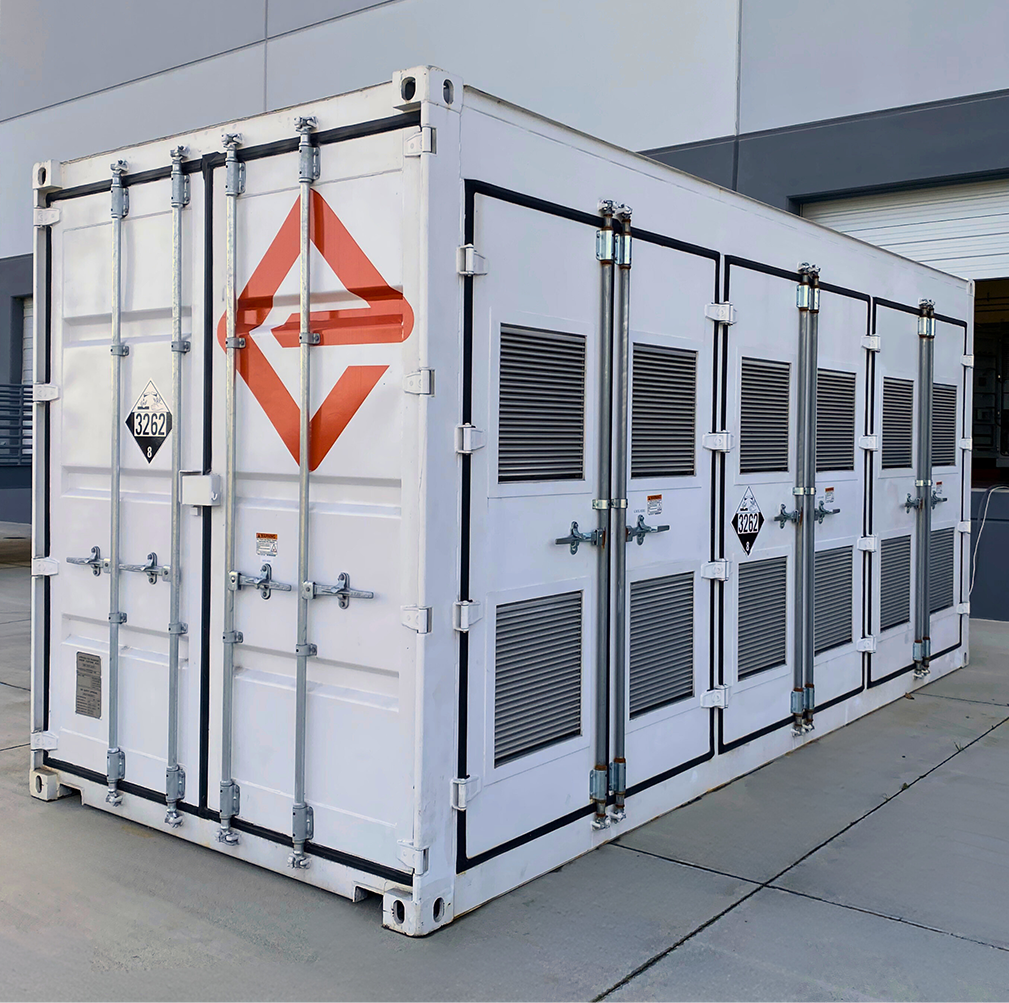
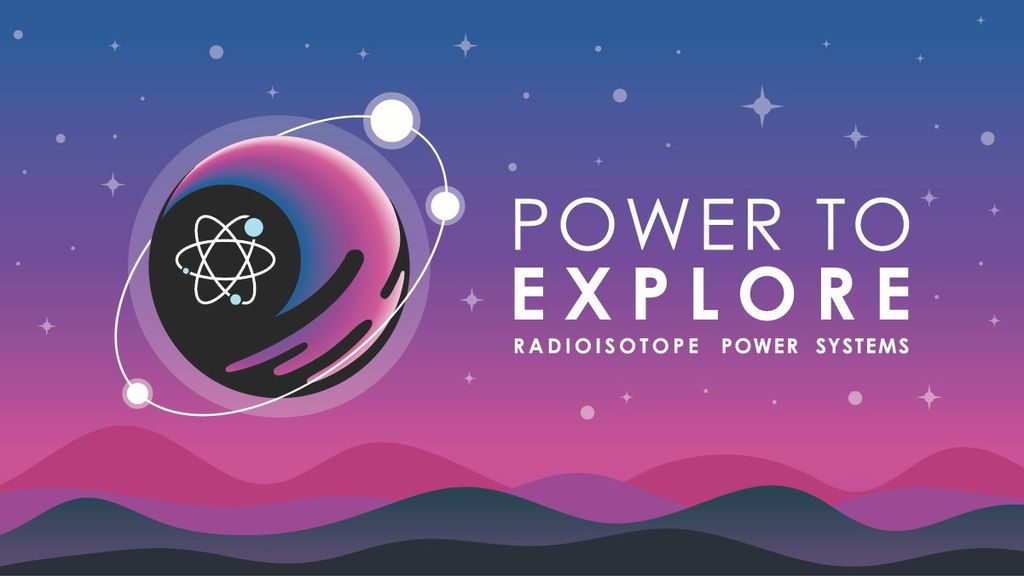
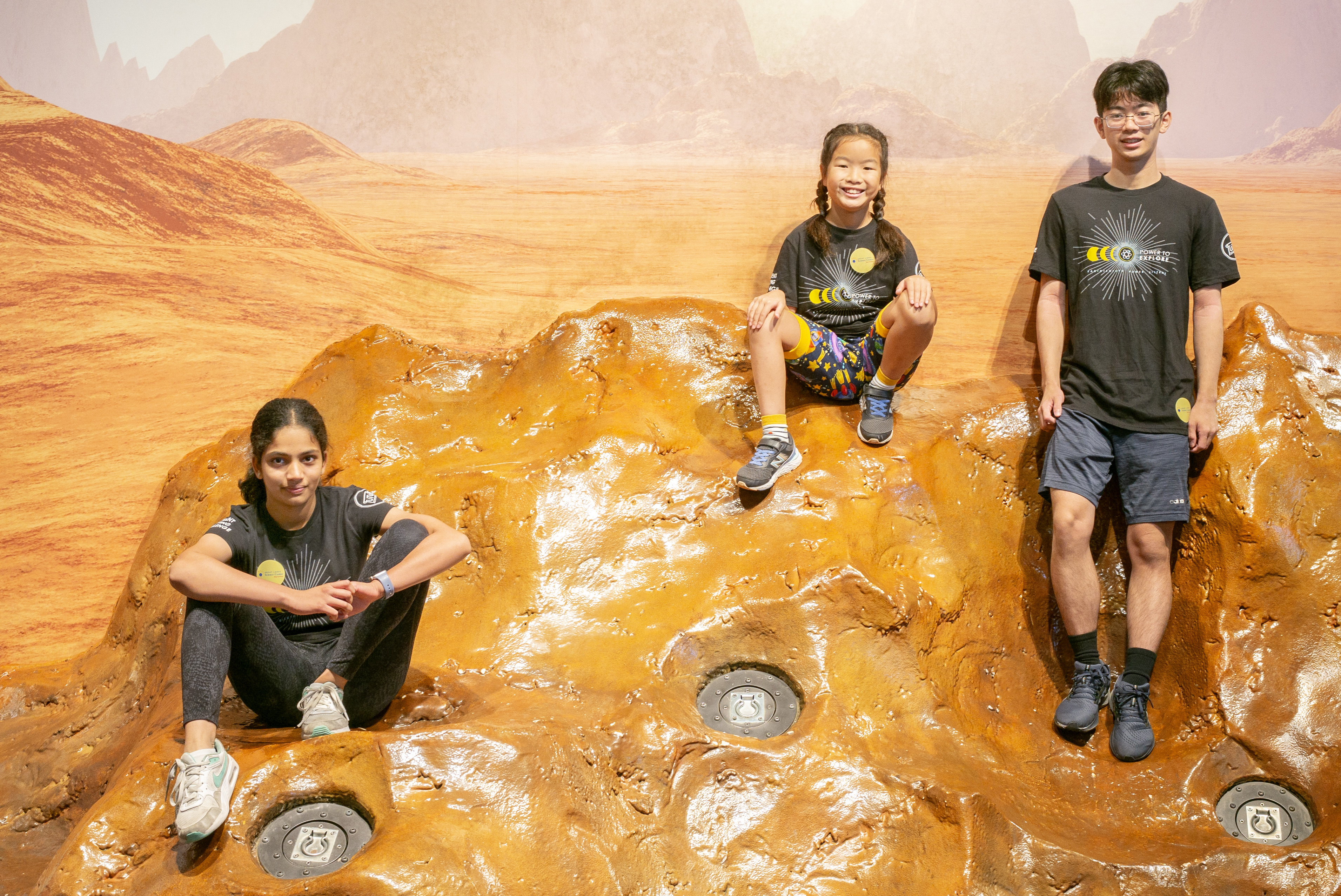

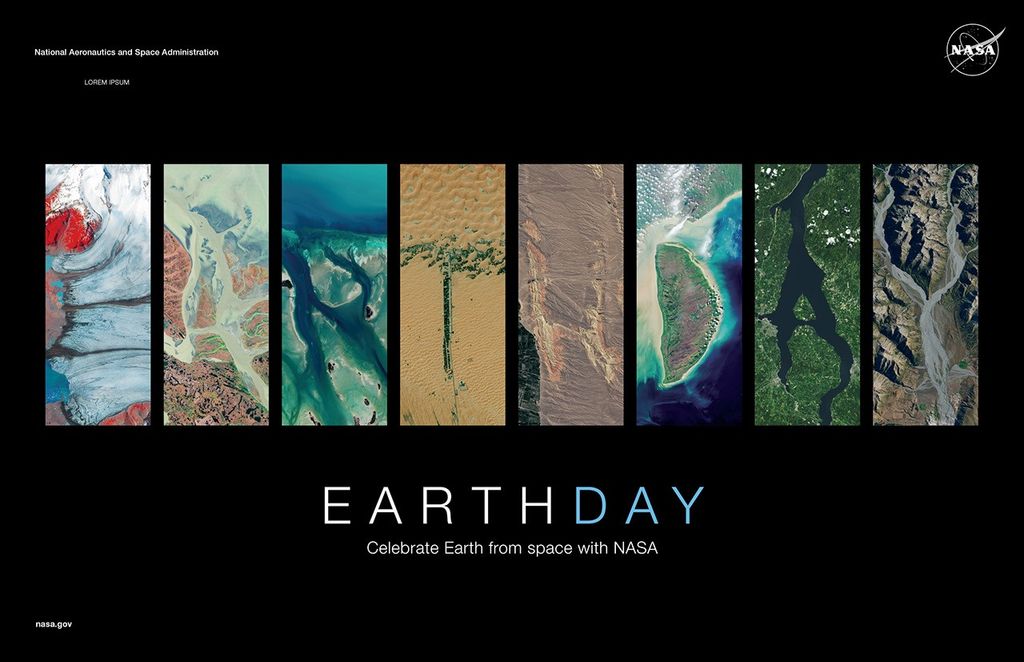
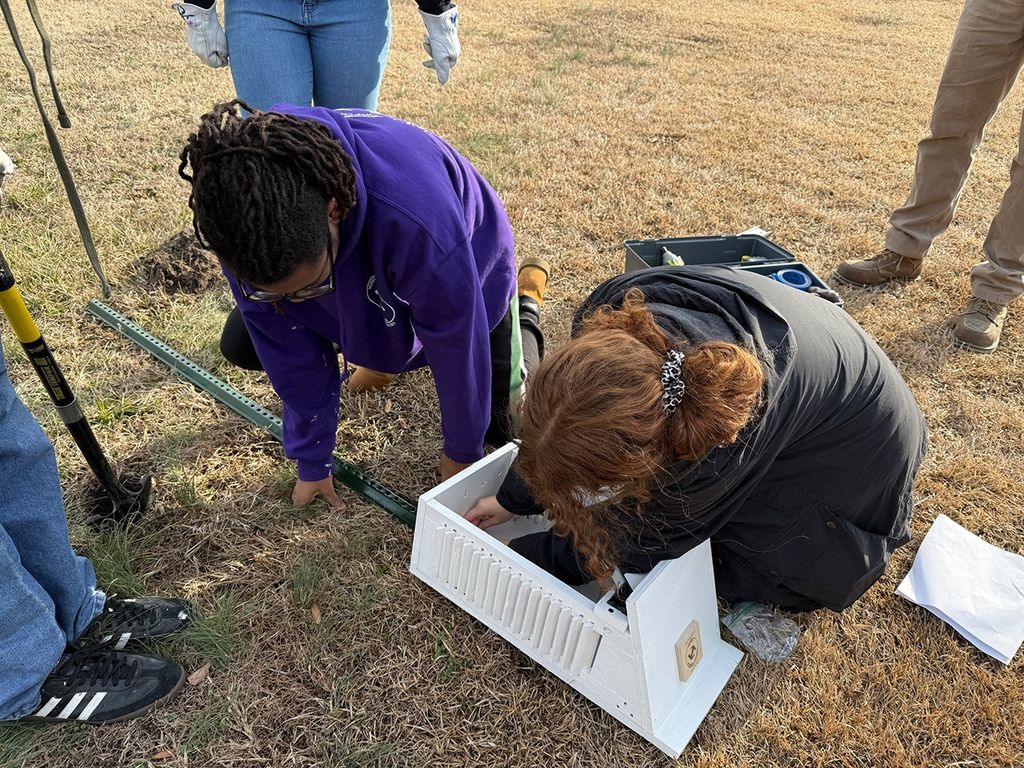






Naturally-formed bodies that orbit planets are called moons, or planetary satellites. Moons come in many shapes, sizes, and types. There are hundreds of moons in our solar system.
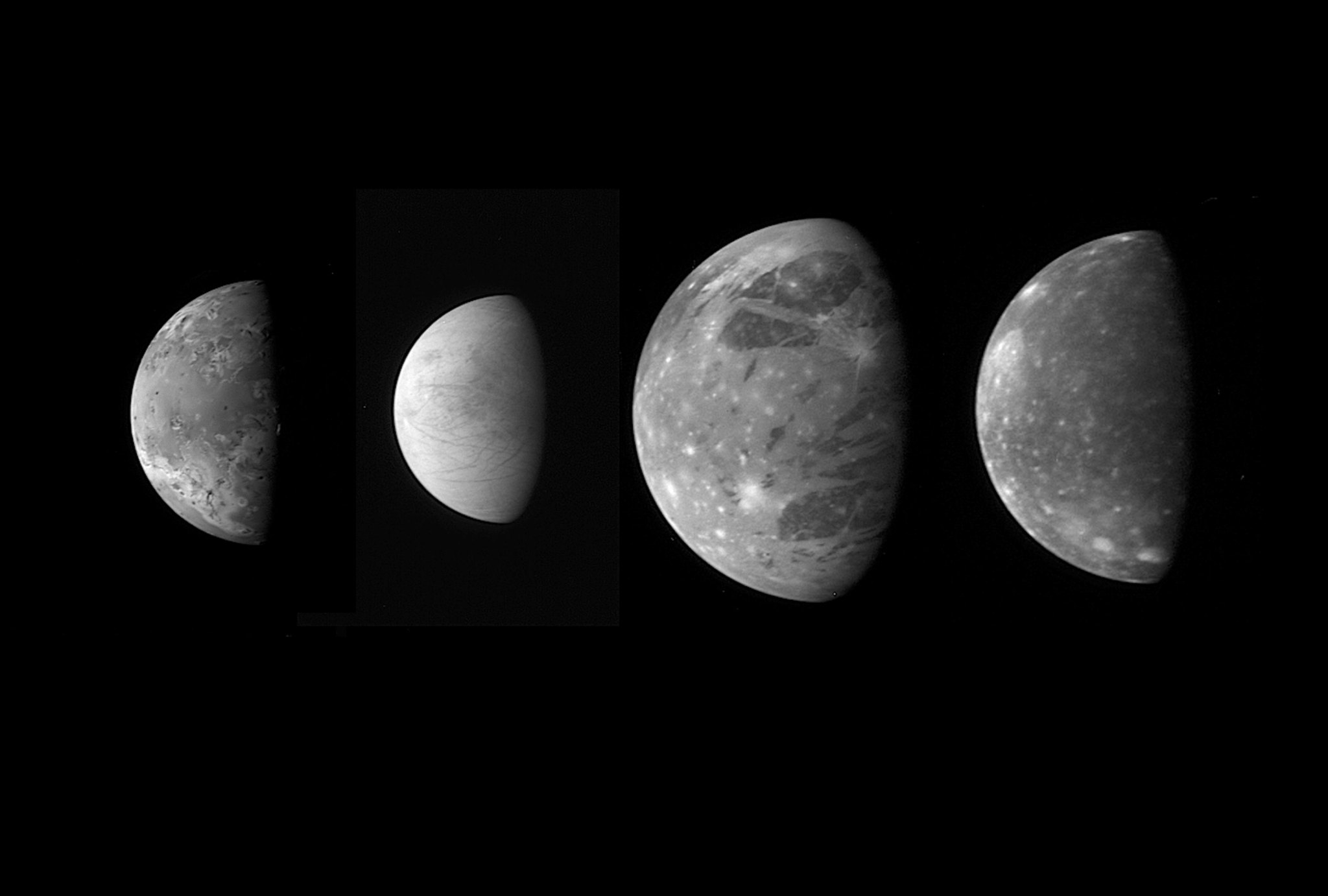

The Moon makes Earth more livable by moderating its wobble.

Mars has two small moons - Phobos and Deimos.

Saturn has 274 moons, more than any other planet.
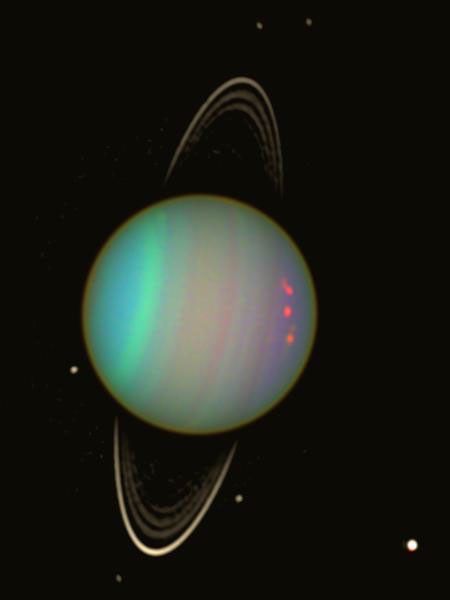
Uranus moons are named for great literature.
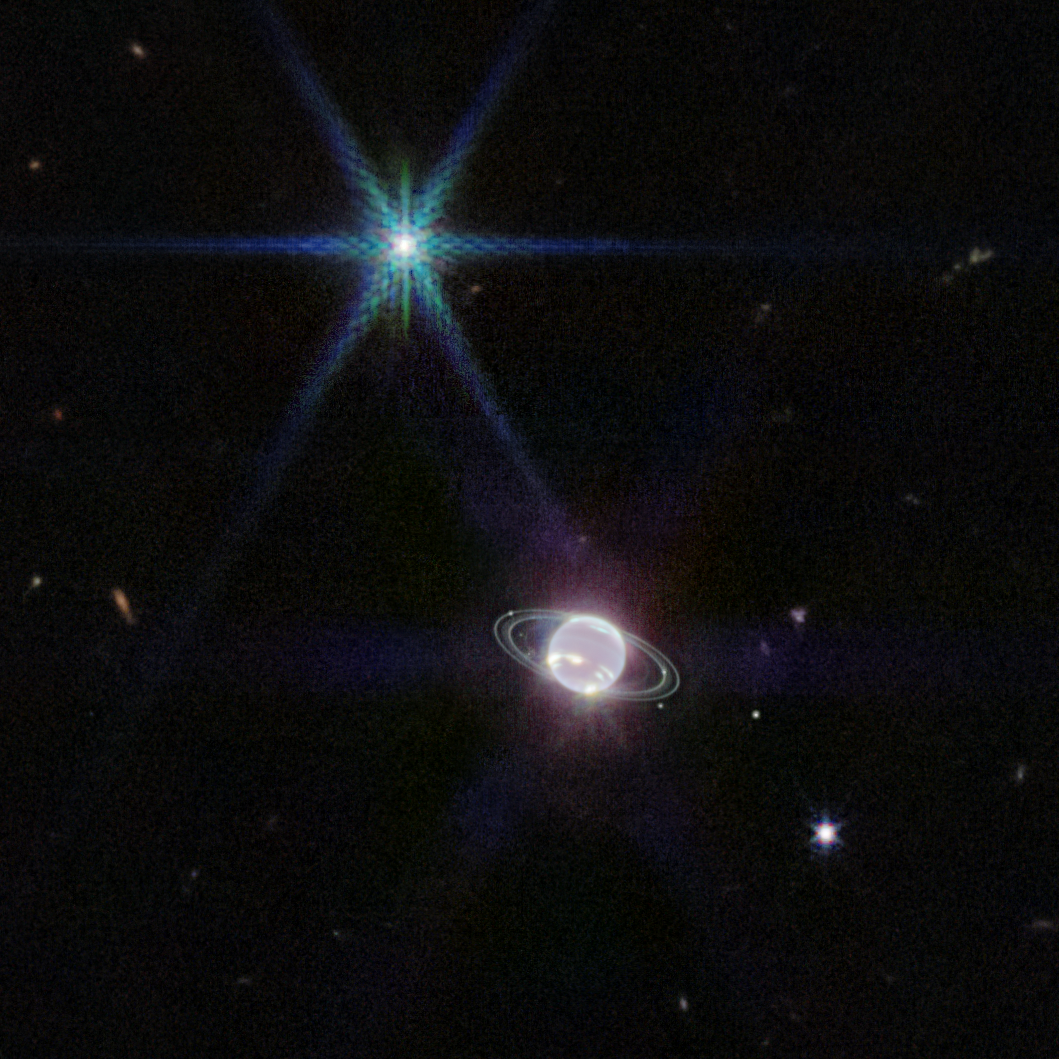
Neptune has 16 known moons.

Pluto has five moons.
How NASA’s Lunar Trailblazer Could Decipher the Moon’s Icy Secrets
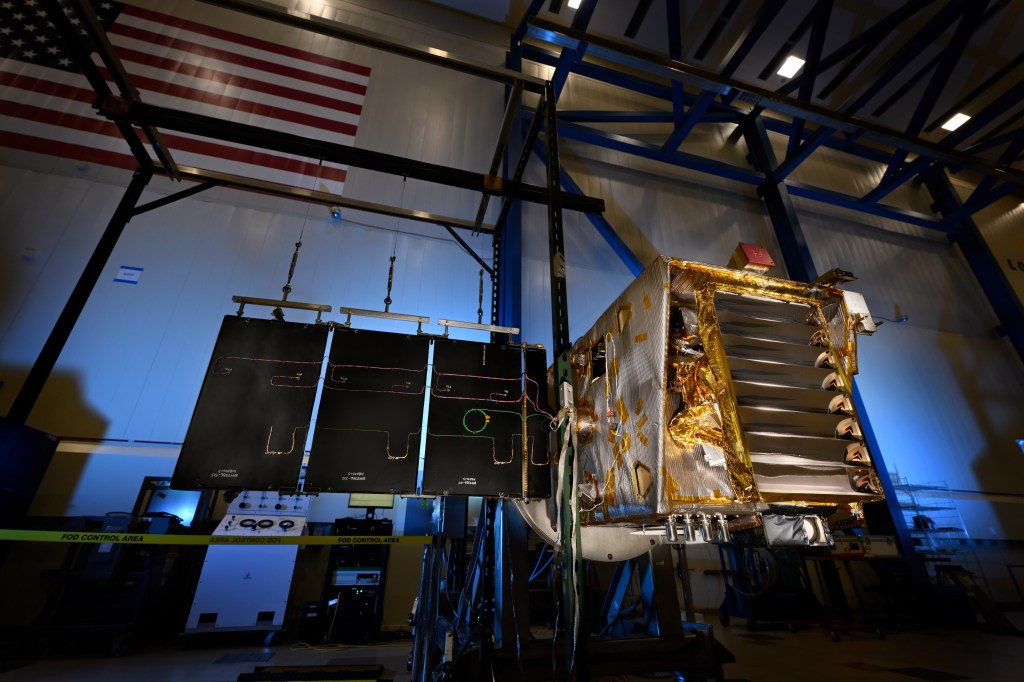
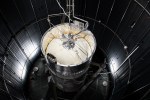
Brr, It’s Cold in Here! NASA’s Cryo Efforts Beyond the Atmosphere

Removing Traces of Life in Lab Helps NASA Scientists Study Its Origins
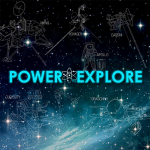
NASA Launches Power to Explore Challenge for K-12 Students
Our solar system has hundreds of known moons orbiting planets and dwarf planets. Even some asteroids have moons.
Moons – also called natural satellites – come in many shapes, sizes and types. They are generally solid bodies, and a few have atmospheres.
Get the Facts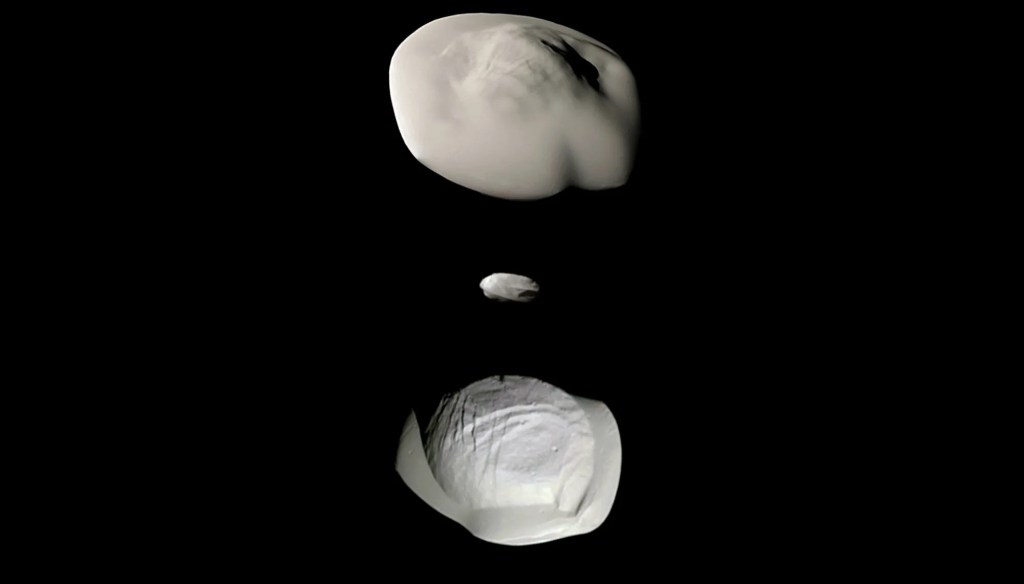
Hundreds of moons orbit planets, dwarf planets - even asteroids.
As of March 25, 2025, there was a total of 891 confirmed moons in our solar system. Of those, 421 moons are orbiting planets (including Pluto). More than 470 moons are orbiting other dwarf planets, asteroids and trans-Neptunian objects (TNOs).
Latest Planetary Moon Count
From lighting up our skies to maintaining a geological record of our solar system’s history, Earth’s closest celestial neighbor plays a pivotal role in the study of our planet and our solar system.
Sometimes the entire face of the Moon glows brightly. Other times we see only a thin crescent of light. Sometimes the Moon seems to disappear. These shifts are called moon phases.
Learn the Moon's Phases

How big is Ganymede? How small is Deimos? Which moons might have what it takes to support life?
Explore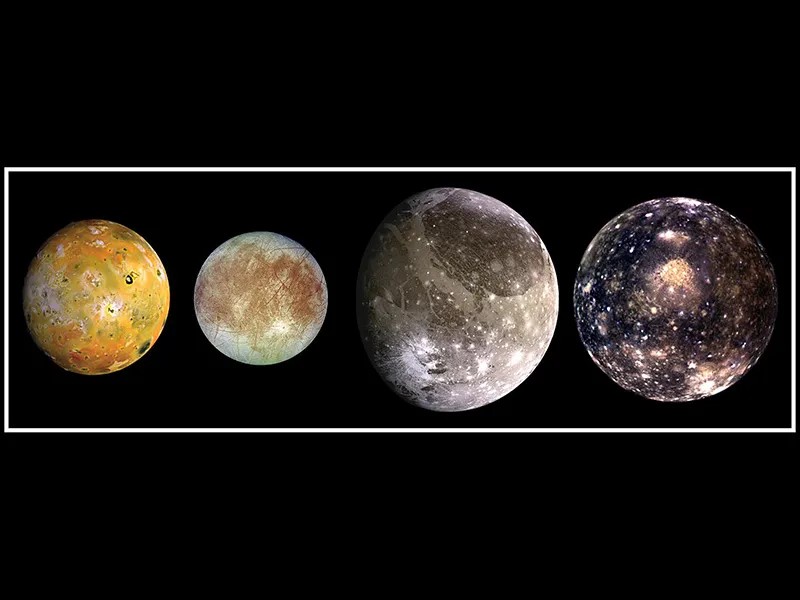
Europa Clipper will search for signs of potential habitability on Jupiter's icy ocean moon Europa.
Learn More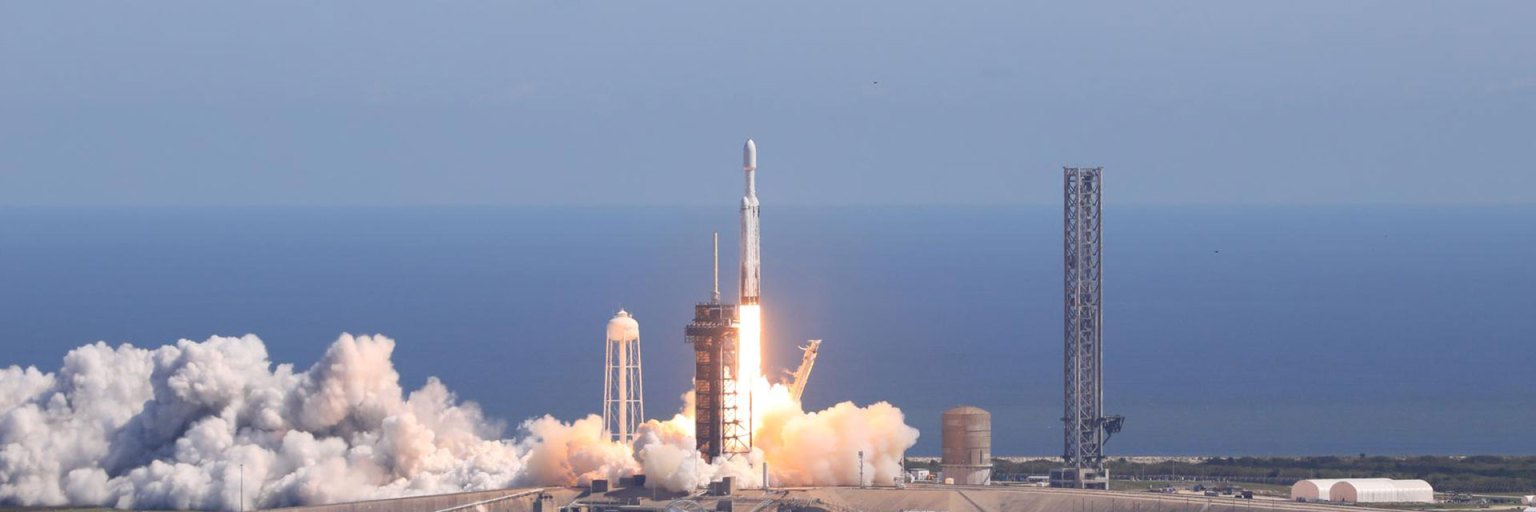

SSD provides information related to the orbits, physical characteristics, and discovery circumstances for most known natural bodies in our solar system.

International Astronomical Union (IAU) Planet and Satellite Names and Discoverers

Astronomer Scott S. Sheppard's Planetary Moon Database

NASA explores the unknown in air and space, innovates for the benefit of humanity, and inspires the world through discovery.